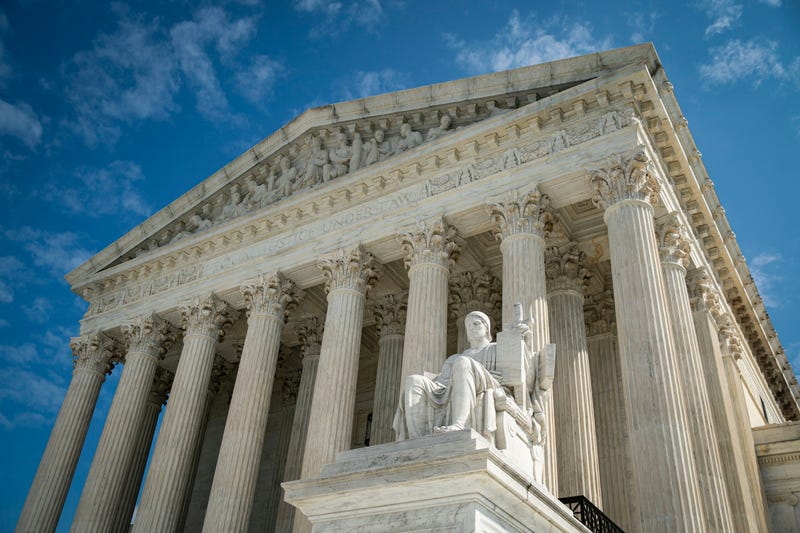
Monday marks the 51st anniversary of the Supreme Court decision that decriminalized abortion nationally. Roe v Wade was decided January 22, 1973 and was the result of a Texas woman whose lawyers argued the state's abortion law was unconstitutional.
In 2022, the U.S. Supreme Court ruled the Constitution does not guarantee a right to an abortion and left the issue to states. Texas had passed a law banning almost all abortions that would go into effect if the Supreme Court overruled a previous decision.
The Texas law made performing an abortion a felony with an exception to save the life of a mother.
"This cuts across a wide spectrum of people," says former State Senator Wendy Davis, who now works with the organization Planned Parenthood Texas Votes. "Many of them have much-wanted pregnancies who either themselves suffer from healthcare emergencies or whose fetuses suffer from life-threatening abnormalities."
Davis says the Texas law leaves lawyers in charge of a woman's healthcare decisions instead of her doctor and family.
"The idea we would have a stranger who isn't walking in our shoes, who's not part of our family, who's not part of our medical care making these decisions for us is absurd," she says. "In any other circumstance, we would not accept this reality."
A poll by the Texas Politics Project at UT Austin last year showed 49% of Texans "approve strongly" or "approve somewhat" of expanded legal access to abortions. A total of 33% "disapprove strongly" or "disapprove somewhat."
A separate, nationwide poll by Yahoo! News and YouGov conducted in December showed 56% of Americans would oppose "a national abortion ban like the one in Texas." The poll showed 26% of Americans would support a nationwide law.
"Efforts were made last session to ask Republican [state] lawmakers to clarify the 'life of the mother' exception and give doctors guidance under which they could provide the care that has been so desperately needed in our state," Davis says. "Those lawmakers refused."
Davis says she encourages people upset with the state law or who would like abortion access guaranteed at the federal level to get involved in the next election. She says current lawmakers' "extremism" is moving against the will of the majority of the people.
"If they find themselves falling victim to their own extremism, they should be present to the reality that it's not in keeping with what the vast majority of people in our state believe or the vast majority of people in this country believe," she says.
Planned Parenthood Texas Votes is urging people upset with current laws to use the Roe v Wade anniversary to begin working to elect officials who better represent the will of most voters. Davis says some Republican members of Congress may try to pass a nationwide ban on abortion.
"We have the power to say we won't accept this reality, and that power, of course, exists through our vote," she says.
Thousands of opponents of abortion access met in Washington D.C. this weekend for the annual "March for Life." Opponents say they do hope federal action will end abortion nationwide.
Last week, the U.S. House passed two bills that would not ban abortion, but they would require organizations to include information about alternatives.
Supporters say one bill would reduce pressure on college students to get an abortion to avoid academic failure. That measure would require schools to include information on pregnancy centers that do not provide abortion on lists of resources given to students.
The other would ban the Department of Health and Human Services from limiting federal funds for resource centers that advocate for alternatives to abortion.
During a hearing last week, Oklahoma Republican Tom Cole said members of Congress should "never be complacent in our moral duty to stand up for the sanctity of life."
LISTEN on the Audacy App
Tell your Smart Speaker to "PLAY 1080 KRLD"
Sign Up to receive our KRLD Insider Newsletter for more news
Follow us on Facebook | Twitter | Instagram | YouTube
